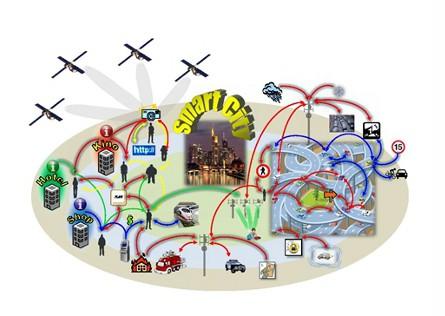Israel's latest green trend: "Smart cities" that conserve resources
The Jerusalem experience
Over the past year in Jerusalem the water supply system has been monitored by means of a system developed by the Israeli company TaKaDu.
“Water companies in Israel and elsewhere can collect information on data such as water flow and quality, but they don’t know how to put this information to work to repair malfunctions or efficiently operate elements like pumps,” said Amir Peleg, one of the owners of TaKaDu and a founder of an international forum of smart water networks. The TaKaDu system is already in use in London, Bilbao and Melbourne.
A number of cities in Israel have already installed water meters that do not require manual reading, but rather transmit information in real time. Water companies in other cities are expected to replace pipes in the coming years, at which time they can install sensors and transmitters to provide essential information on the workings of the system.
In Sweden, 5.2 million smart electricity meters have been installed, and in Finland about 1 million meters have been installed, at a cost of nearly 1 billion euros. The meters are meant to provide information that will allow consumers to operate appliances more efficiently. In Mannheim, Germany, chosen as a model city in Europe because of its smart electricity grid, a pilot project is underway to operate home appliances more efficiently using feedback from the smart meter to save electricity.
In Israel, the gaps are still large between the vision and implementation, as the experience in Jerusalem has shown. The city’s water company, Gihon, is using advanced information systems, but much of East Jerusalem is not connected to the sewage system, and raw sewage is being channeled directly to the Kidron Valley, wasting a valuable resource and polluting the unique Judean Desert region.
Zafrir Rinat

